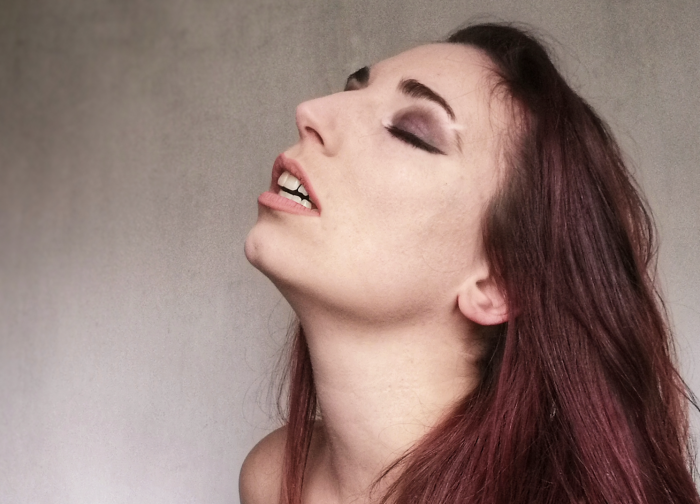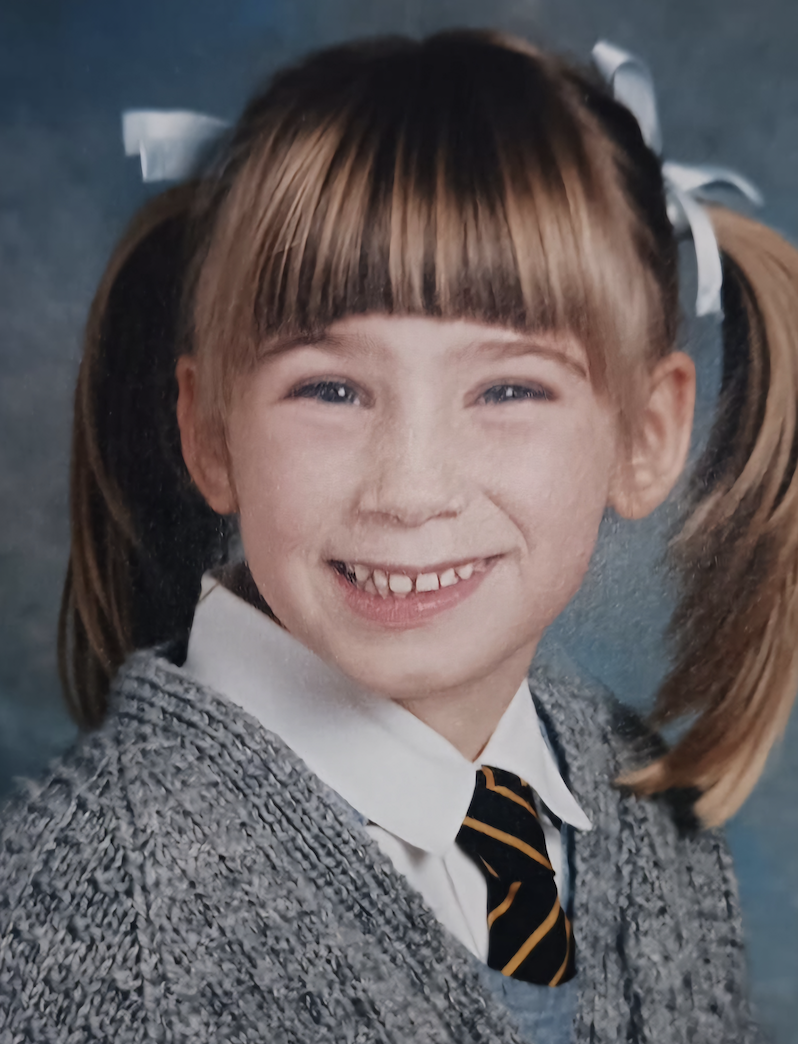
{*Did you know you can write on Elephant? Here’s how—big changes: How to Write & Make Money or at least Be of Benefit on Elephant. ~ Waylon}
~
I was 11 when I found out that my nose was grotesque.
The news had been delivered like a sympathetic question:
“Faith, do you mind looking like a witch with your big, pointy nose? Do you cry about it at night?”
The asker was my classmate. He held the door open for teachers and had this way of speaking so sincerely and gently to girls that it took you a second to realise that he was being cruel in a way most 11-year-olds aren’t capable of.
I didn’t respond.
If we had been younger, I would have hit him, been reprimanded, and then dissolved into a rage over the injustice of it all. I used to be wildly expressive, aka “dramatic.” I also had no idea how to start a conversation, couldn’t understand “pretend” games, and hearing other kids shouting made my ears ring.
The steps from meeting someone to becoming their friend were unfathomable.
It was all screaming out “autism” but this was the late 90s, when parents of autistic kids were afraid of labels and other parents were afraid of autistic kids. By the time my age hit double digits, I’d withdrawn.
My friends were mostly book characters, and not all were from the same decade as me. I fell out of practice speaking to people my own age. What did they mean by “your trousers are jack-ups”? I knew I wasn’t wearing the same clothes as the popular kids, but their words about what exactly was wrong with mine were a mystery.
Now that I’d been told, I could see that my nose was grotesque. I read the word long before I had ever heard it spoken, so I pronounced it grot-skew.
Amy March in Little Women hated her nose too. She wanted a Roman nose, but I didn’t know what one looked like. Amy slept with a peg on hers to try and straighten it, but I found another option in a magazine in the dentist’s office. It was an article about cosmetic surgery. I filled in the little form and posted it on the way to the school bus stop, then waited for the reply like other 11-year-olds waited for letters from Hogwarts.
It never came.
I turned 13 in the year 2000, when magazines had the “red circle pages,” where celebrities’ physical “flaws” were highlighted with glee. On TV, women watched their families admit how ugly they were, then had extreme cosmetic surgeries in makeover shows like “The Swan.” “Doctor” Gillian McKeith yelled “ban big bums” through a megaphone on top of a London bus.
These messages I was drip-fed said that my nose would hold me back in life. At school, people made sure I knew it too. Pointy girl. Witch. Ugly, ugly, ugly nose.
The thought seemed to come out of nowhere: what if I just filed it down? Some scars go flat or inward, and if I had one like that, could it compensate by flattening out the bump?
I got a sandpaper nail file and started working.
When I was a child, I had an accident going down a slide. My top had lifted up and the friction from the plastic on my bare skin gave me a burn that stung and weeped.
That’s how my nose felt. I stopped filing when my eyes were watering too much to see the mirror and touching the raw broken skin was agony. I didn’t try that stunt again.
My body rushed itself through puberty, and by the time I was 14 I could pass for 18. I’d made friends with a handful of misfits and over the next few years we snuck into clubs on Friday nights. I found there were people who wanted to kiss me even though my nose was grot-skew. I kept a mental scoreboard of the attention I got.
On my 19th birthday, I was at a festival when a man walked up with a business card and a question. Had I considered modelling?
I tried to remember all the faces I had known between age 11 and that moment. Everyone who had called me ugly, asked me out as a joke, or drawn caricatures of me, because this had to be some kind of elaborate prank. Anything seemed more likely than the truth—he was genuine. But I did my first photoshoot that day.
By the end of the year, I was doing at least one photoshoot a week. It turned out I was good at modelling! It became my job and I travelled internationally for work, appearing in magazines, fashion shows, and art galleries. The feeling I once got when men paid me attention was now the feeling I got when photographers asked to photograph my face in profile. It turns out, I have a Roman nose—the kind Amy March thought looked aristocratic and sophisticated.
Now, I look at my school photographs and can see I was neither beautiful nor ugly. I looked like any other kid. It finally clicked after nearly two decades working as a model: there was nothing wrong with my nose, and there never had been.
I’m mostly retired from modelling and now teach a mix of combat psychology, self-esteem, and personal safety known as psychological self-defence.
And I wondered, if I hadn’t crossed paths with the model scout, would I ever have made peace with my nose? Cosmetic surgery is ever-rising, filler is marketed as a “lunch break” treatment, and Instagram has no mercy. The explore page shows a hundred women with different complexions, styles, and hair colours…but the exact same filled, filtered facial features. And none of those features look like mine.
That’s when I realised that fighting the narrow beauty standard is a kind of self-defence—and I know about self defence. I started to research.
I found that in Brazil, beauty is deemed a human right, and while this is often used to explain high rates of cosmetic surgery (nearly half a million operations each year), I loved the concept. Not only is it our right to exist in our own skin, but our right not to have our uniqueness challenged every time we log onto Instagram!
I added another part to my workshops, called “Your Right to Beauty,” where we find our own individual features reflected online, learn how beauty standards are created and changed throughout history, and change our algorithm until we see beauty of all kinds.
I’ve led by example. My feed is now an eclectic mix of faces—and there’s so much beauty in that.

~
AUTHOR: FAITH ROSWELL
IMAGE: AUTHOR'S OWN
EDITOR: NICOLE CAMERON

This account does not have permission to comment on Elephant Journal.
Contact support with questions.